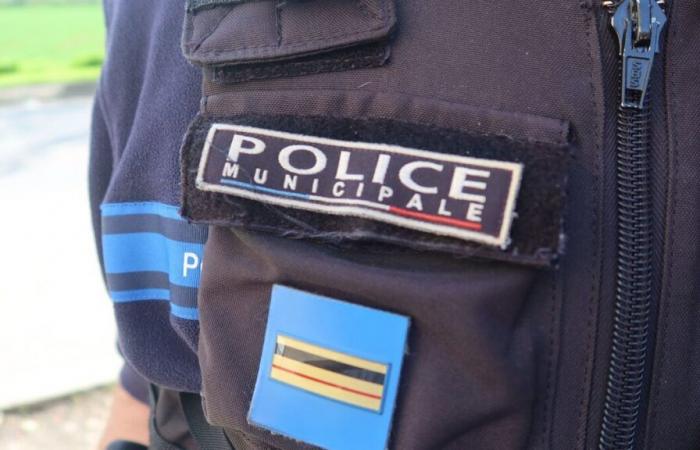The idea could well find some resonance as the municipal elections of 2026 approach. In Charente-Maritime, near Saintes, the municipalities of Chaniers, Burie and Écoyeux are preparing to set up a shared municipal police force. Mentioned by the daily newspaper “Sud Ouest”, this project has a particularity. These three villages do not in fact share any borders, and are separated by other municipalities. “The distances are not gigantic either,” smiles Pascal Gillard, the mayor of Écoyeux, who has been trying for several months to unite the surrounding villages behind this project. Nine local authorities have been working in recent months on this possibility offered by the law since 2021. Three of them ended up agreeing, and are announcing the creation of this new municipal police force for next July.
Chaniers, which has had its municipal police force for almost two decades, will thus pool its single agent with Burie and Écoyeux. A second official will be recruited as reinforcement. “This will allow us to compensate for the time of absence – leave and training – of our agent. It is also more secure for actions to be carried out by two people,” explains Éric Pannaud, the mayor of Chaniers, referring to “greater flexibility”. In Burie, the mayor, Gérard Perrin, made it a campaign promise in 2020 and welcomes this agreement designed “with a view to efficiency”. According to him, “this will relieve local elected officials of certain missions: control of municipal decrees and town planning certificates, management of stray dogs, neighborhood conflicts and accidents…”.
The three elected officials intend to arm their future recruit, while the Chaniers agent already has a weapon. “I wasn't really into it before. But it is very important in the current context. And it is now difficult to recruit a municipal police officer without providing him with a weapon,” says Pascal Gillard. “Five years ago, I didn't see the point, but I was convinced. It’s an additional advantage for respect for the municipal police,” says Gérard Perrin, who denounces “the stress,” “the lack of respect” and the sometimes delicate situations managed by local elected officials.
Chaniers, Burie and Écoyeux had to agree on the scope of the missions entrusted to this future shared municipal police force. “These missions cannot differ depending on the municipalities. Agents should not ask themselves the question of what can or cannot be done,” summarizes Éric Pannaud. It remains to agree on the schedules carried out here or there. And to pay the bill for a new vehicle, various equipment and weapons, among other things. Écoyeux would count on a budget of 30,000 euros for the first year, while Burie vaguely suggests a bill of 50,000 euros, including agent training. Chaniers could limit costs to nearly 10,000 euros, calculates Éric Pannaud.






